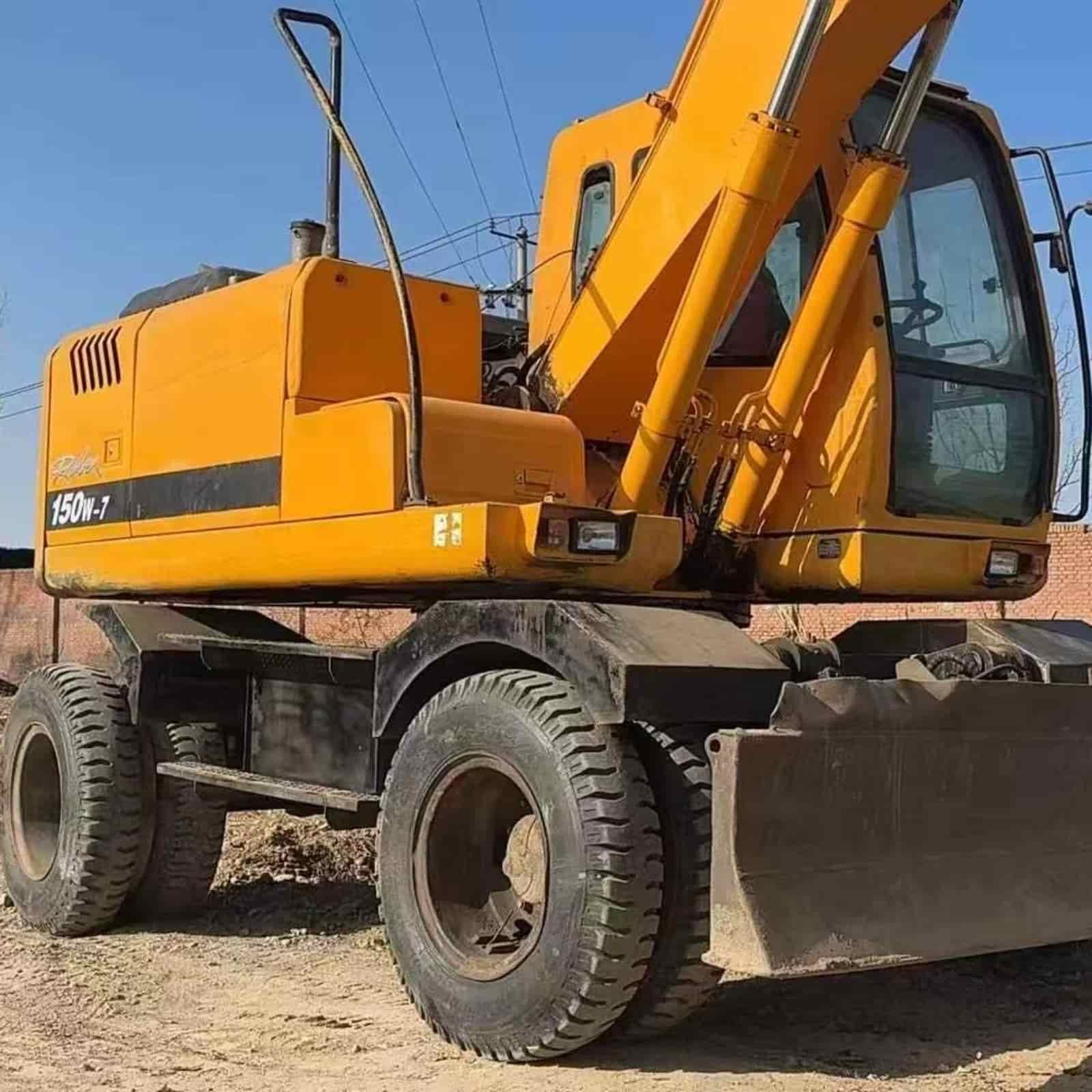In the global construction equipment market, China has cemented its role as the world’s workshop — supplying over 60% of all excavators traded internationally. But for buyers, the real value lies beyond price tags: it’s about mastering the process of procurement. Whether you’re importing a compact 3-ton mini excavator or a heavy-duty 20-ton crawler, understanding the journey from factory to jobsite transforms sourcing from a cost into a strategic advantage. Here’s your roadmap to buying excavators from China with confidence. 
1. The Procurement Process: From Inquiry to Delivery
Why it matters: A structured approach prevents delays, cost overruns, and quality disputes.
Step-by-Step Flow:
Supplier Vetting
Verify manufacturers on Alibaba International (Gold Supplier status, transaction records) or via third-party inspections (e.g., SGS).
Pro Tip: Request factory videos — live walkthroughs reveal more than brochures.
Customization & MOQs
Chinese OEMs typically offer:
Engine options (Yuchai, Cummins, or Kubota for mini excavators)
Bucket/attachment compatibility
Minimum Order Quantities (MOQs): 1 unit for standard models; 5+ for customized builds.
Payment Terms
30% deposit, 70% before shipment (standard)
LC (Letter of Credit) for first-time buyers
Red Flag: Suppliers insisting on 100% upfront payment.
2. Logistics: Shipping Your Excavator Efficiently
Key Decision Points:
Container vs. RORO (Roll-On/Roll-Off):
Mini excavators (<7 tons) fit in 40HQ containers (disassembled if needed).
Larger units require RORO or flat-rack shipping.
Transit Times & Costs:
Shipping from Shanghai to Rotterdam takes approximately 35 days by sea freight, costing $2,500–$4,500 per unit.
Shipping from Guangzhou to Mombasa takes around 25 days, costing $3,000–$5,000.
Pro Tip: Opt for CFR (Cost and Freight) terms — suppliers handle logistics until port arrival.
3. Tariffs & Compliance: Avoiding Costly Surprises
Regional Tariff Examples:
USA: Mini excavators (3-ton) face a 2.5% import duty with 0% VAT.
EU: 15-ton crawler excavators typically have 1.7–3.2% import duty plus 19–22% VAT.
Nigeria: Import duties range from 5–20%, with an additional 7.5% VAT.
Critical Compliance:
CE Certification (Mandatory for EU)
EPA Tier 4 Final (North America)
Customs Documentation: Commercial invoice, packing list, bill of lading, and certificate of origin (Form E for ASEAN buyers).
Pro Tip: Work with a local customs broker — misclassified HS codes can trigger audits.
4. Quality Control: Ensuring What You Ordered is What Arrives
Pre-Shipment Inspection Checklist:
Hydraulic system pressure test
Engine hours meter verification
Paint thickness (anti-corrosion standards)
Functionality of safety features (ROPS/FOPS)
Case Example: A Kenyan buyer saved $12,000 by catching mismatched engine specs during a third-party inspection.
5. After-Sales: Protecting Your Investment
Negotiate These Terms:
Warranty (12 months standard; push for 24 months on critical components)
Spare parts availability (confirm lead times for pumps, tracks, etc.)
Remote troubleshooting support (WeChat/WhatsApp video calls are common).
Looking for a cost-effective solution to power your next project?
Explore our certified used equipment and see how far your budget can go.









